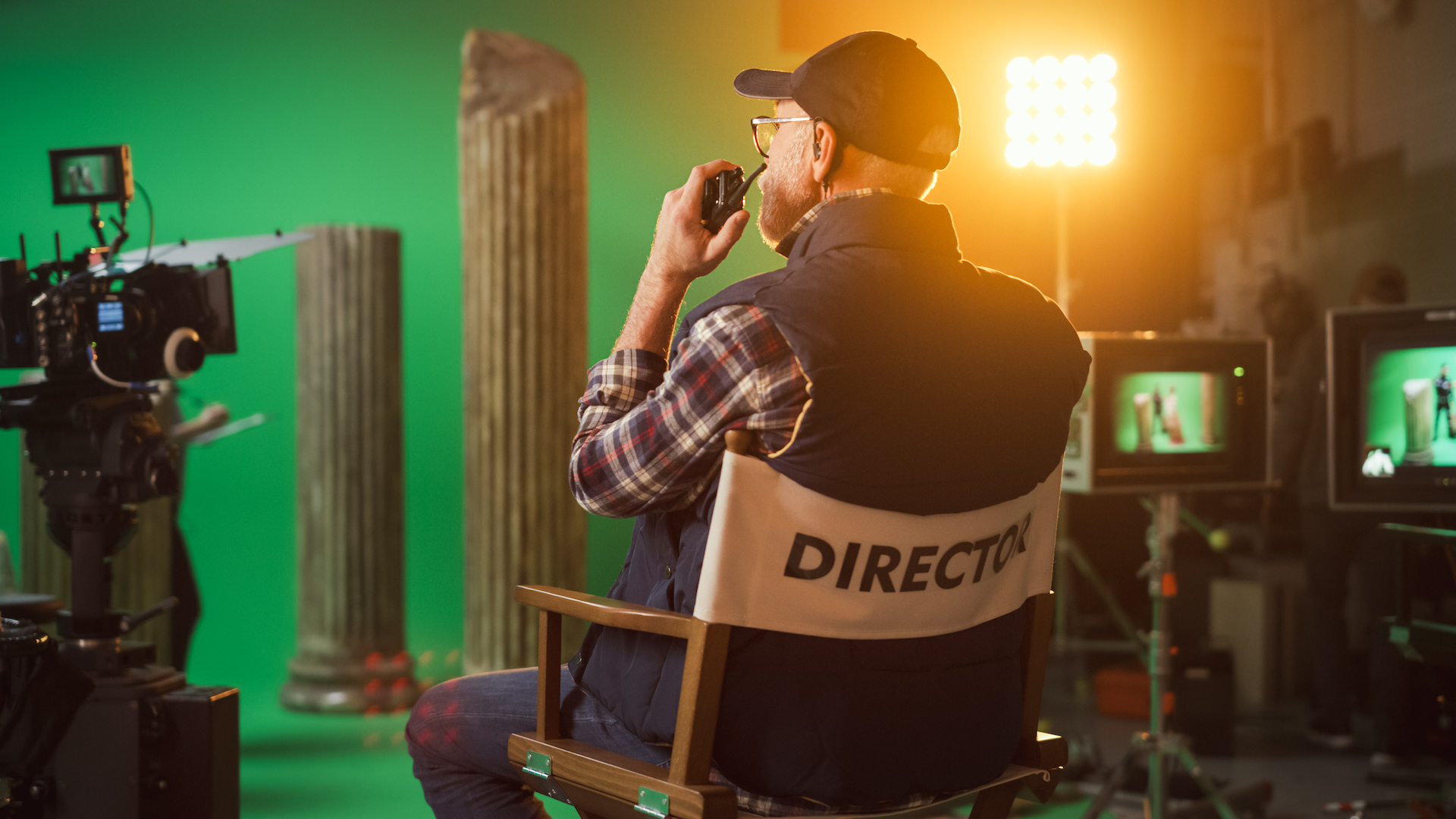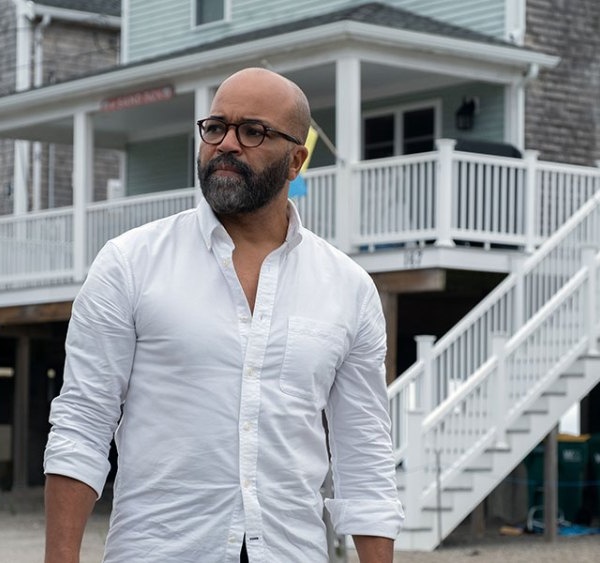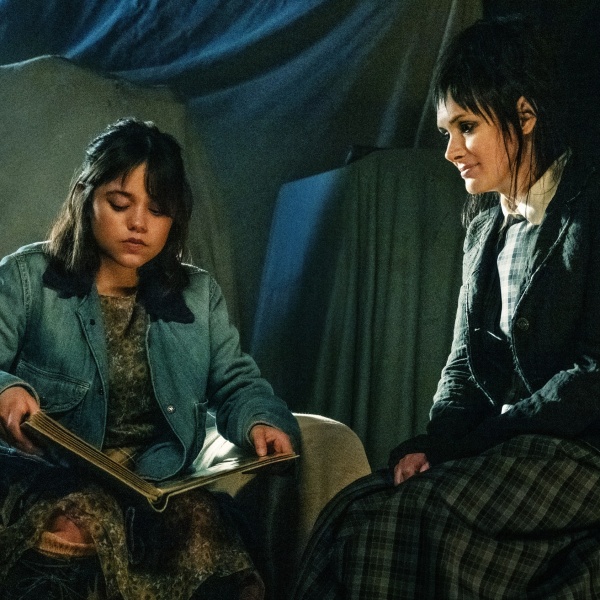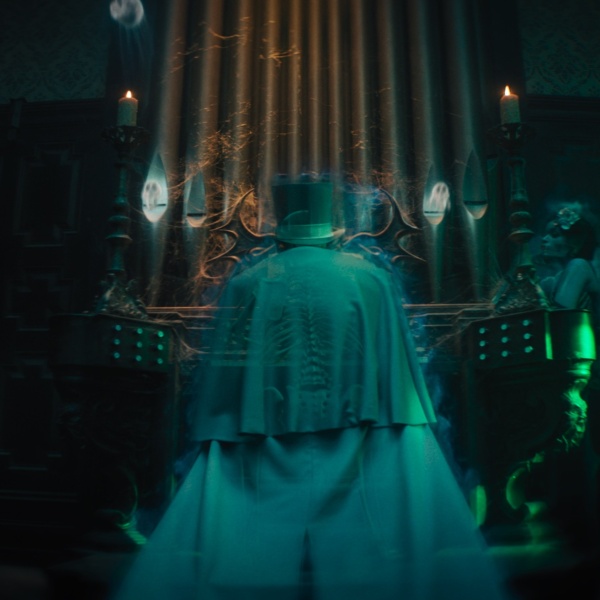When the Directors Guild of America reached a tentative new collective bargaining agreement with the AMPTP over the weekend, all eyes turned back to the writers (now on strike for over a month), and to the actors, who will announce the results of its own strike authorization vote this week as it begins studio negotiations.
Conventional wisdom held that a DGA deal could serve as a framework for writers, just as it did in 2007-08, when the DGA reached a deal on the 73rd day of the WGA‘s 100-day work stoppage. But both the WGA and SAG-AFTRA have made clear the outcome of the DGA would not impact their own negotiating agendas.
“Thrilled that the DGA was able to use the power of the WGA’s labor action to secure a deal that works for them,” writer-producer Amy Berg said in a tweet thread. “We proposed a number of these terms… before the AMPTP cut off negotiations in order to hand a deal to the DGA. They will continue to not speak to us, offering them next to SAG. But we have needs in areas they don’t, and will secure a deal that works for us. This isn’t it.”
“As a DGA member this deal looks great. As a WGA member, this deal is proof the AMPTP just doesn’t respect writers,” writer-director Travon Free added. “The fact that you can make an historic deal with the people who can’t even do their jobs until writers do theirs screams all you need to know about the AMPTP.”
According to one DGA-WGA hyphenate who spoke to IndieWire, the deal stemmed from a negotiation made in good faith and will help other guilds get what they need.
“We know the crews are sacrificing,” the DGA member said. “We want everybody to be back to work, but back to work in terms that work for them so that they’re satisfied and they can pay their bills. So we knew we needed to make a deal. We knew we needed to make a good deal, and a good deal that would translate to the other guilds, and I’m really proud that we did that. So they can absolutely pick up the gains that we have, and then they can dive into the specific things that are not related to the DGA. They now can focus on that.”
Negotiations between the DGA and AMPTP took place at the Sherman Oaks Galleria over the last four weeks and wrapped at midnight heading into Sunday morning. As announced over the weekend, directors will get a 5 percent pay bump in the first year of a contract, 4 percent in the second year, and 3.5 percent in the third, plus a .5 percent raise to fund a parental leave benefit. Annual raises in past contract negotiations typically sat around 3 percent.
By comparison, the WGA asked for annual percentage raises of 6-5-5 and the AMPTP countered with 4-3-2. On a total percentage basis, the DGA deal splits the difference, though some WGA members have noted online that those gains don’t keep pace with current inflation rates. The member said other DGA members too are “over the moon” about the deal and for the minimum wage increases in particular.
The directors also negotiated a 76 percent increase in foreign residuals for streaming shows, and the member described increases in studio data transparency as “major.” No specifics have been revealed regarding data transparency, which is also a WGA priority.
The DGA member said the deal’s AI language, which states that it cannot be considered a “person” or replace the work of members, represented a lot of negotiation from major power players and hyphenates. “I’ve never been in a negotiation where you’re making agreements over things that we don’t yet fully understand,” they said. “So I’m really proud of everybody rising to the occasion. This is going to shape the rest of our lives.”
The member continued: “We didn’t think we’d have to spell this out. But hey, we’re spelling it out to protect our industry, to protect our craft, and protect our jobs.”
There’s dissent in every negotiation and other hyphenates bristled over learning about the deal in the press in the wee hours of the night. Some have even threatened to vote against the tentative deal in solidarity with the WGA.
“This DGA deal is so disappointing to me,” “God’s Country” director Julian Higgins wrote in his Instagram story on Monday. “Setting aside the deal terms themselves, which don’t seem to meet the threat or the opportunity of the moment, this is a time to link arms with our fellow artists in mutual support and solidarity!! We rise and fall together. The way this was handled by DGA leadership has left every member I’ve spoken to feeling ignored and disrespected.”
“I’d vote NOT to accept DGA deal struck, and request that our guild’s acceptance of what was negotiated is conditional on the WGA and SAG deals are worked out first as well,” “Moon” director Duncan Jones tweeted.
That may change once full terms are revealed. The tentative contract includes payment for “soft-prep,” the location scouting, casting, VFX work, and more that most film directors usually do for free. Directors will get more say in the editing room, with unit production managers and assistant directors seeing residuals. TV directors also gained a guaranteed additional shoot day to help storytelling, as well as reductions in work hours and better safety benefits (including the on-set ban of live ammunition, following the “Rust” tragedy).
Had the directors concluded negotiations this week without a deal — just as SAG-AFTRA begins its negotiations — the DGA member felt it would have prevented further talks and put the industry in a tough spot.
“Maybe I’m the lone optimist, but actually I’m not,” the DGA member said. “A lot of people really believe that this was the best thing for the DGA and the industry. They see the directors making this deal is better for the industry than the directors failing to make a deal and going on strike, which really would’ve been a threat to the whole ecosystem. Striking can be very effective, but there’s a limitation to how effective a strike is, and we’re all trying to figure out the best way to help each of the unions get what they need.”






